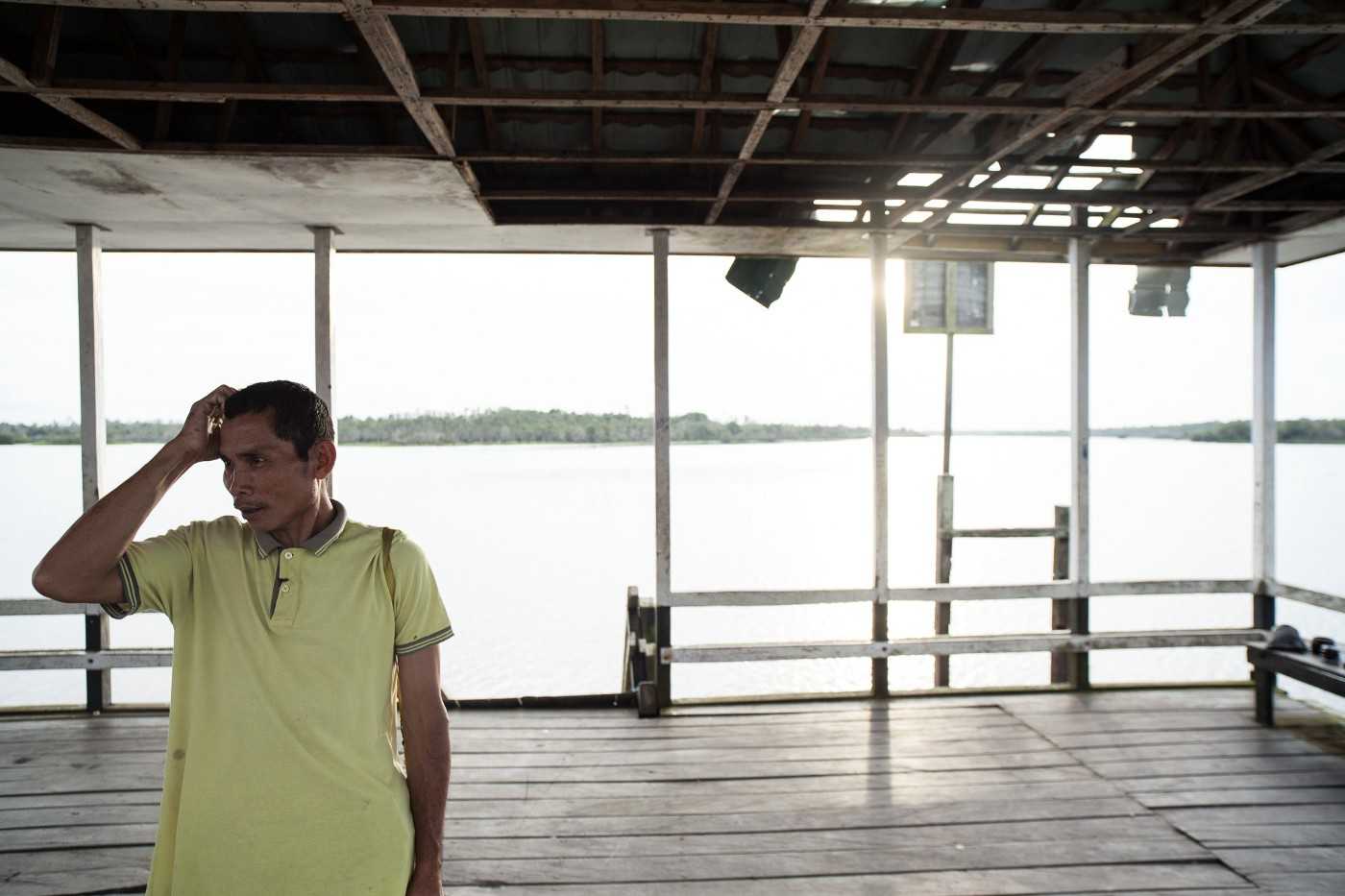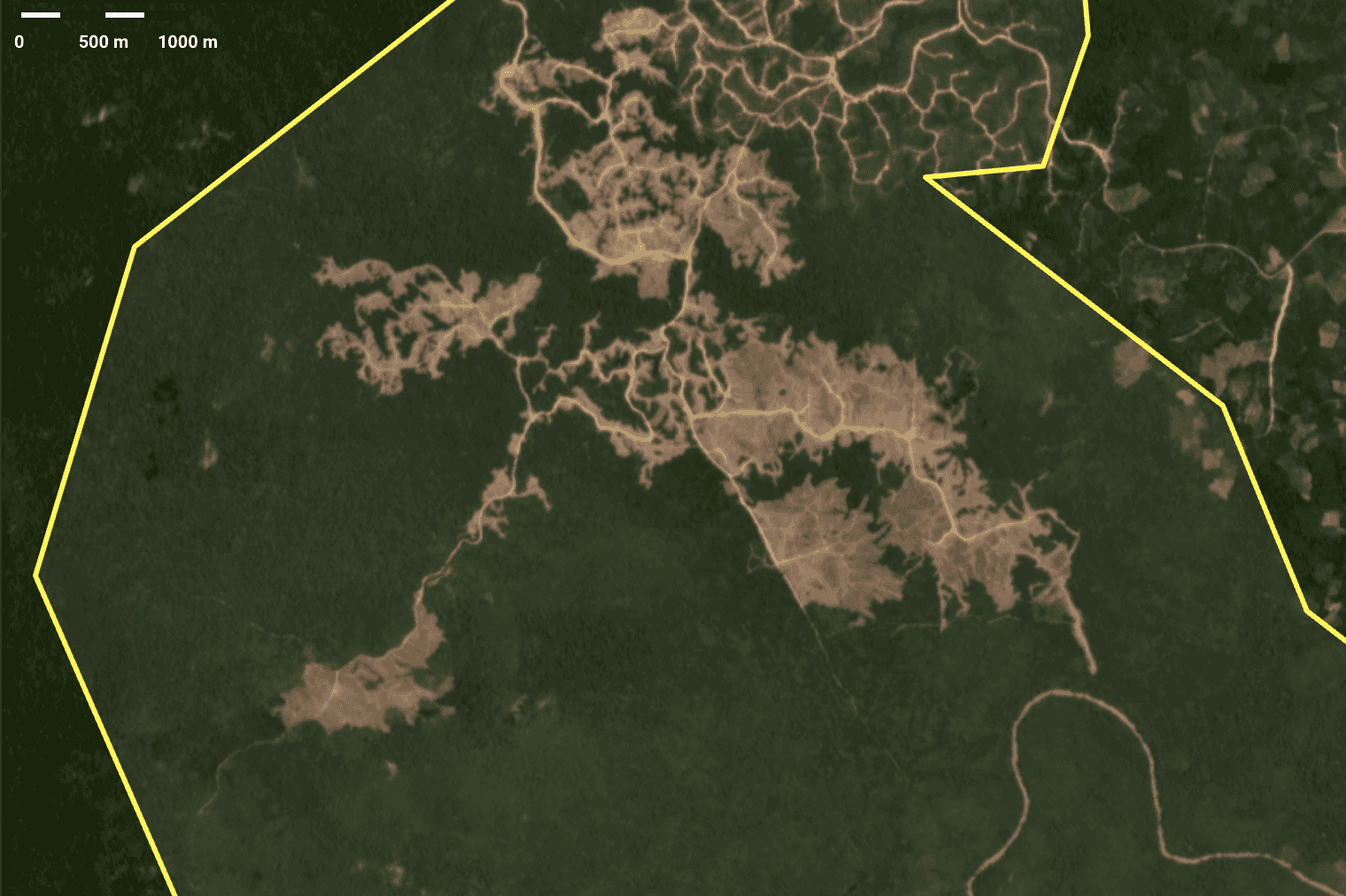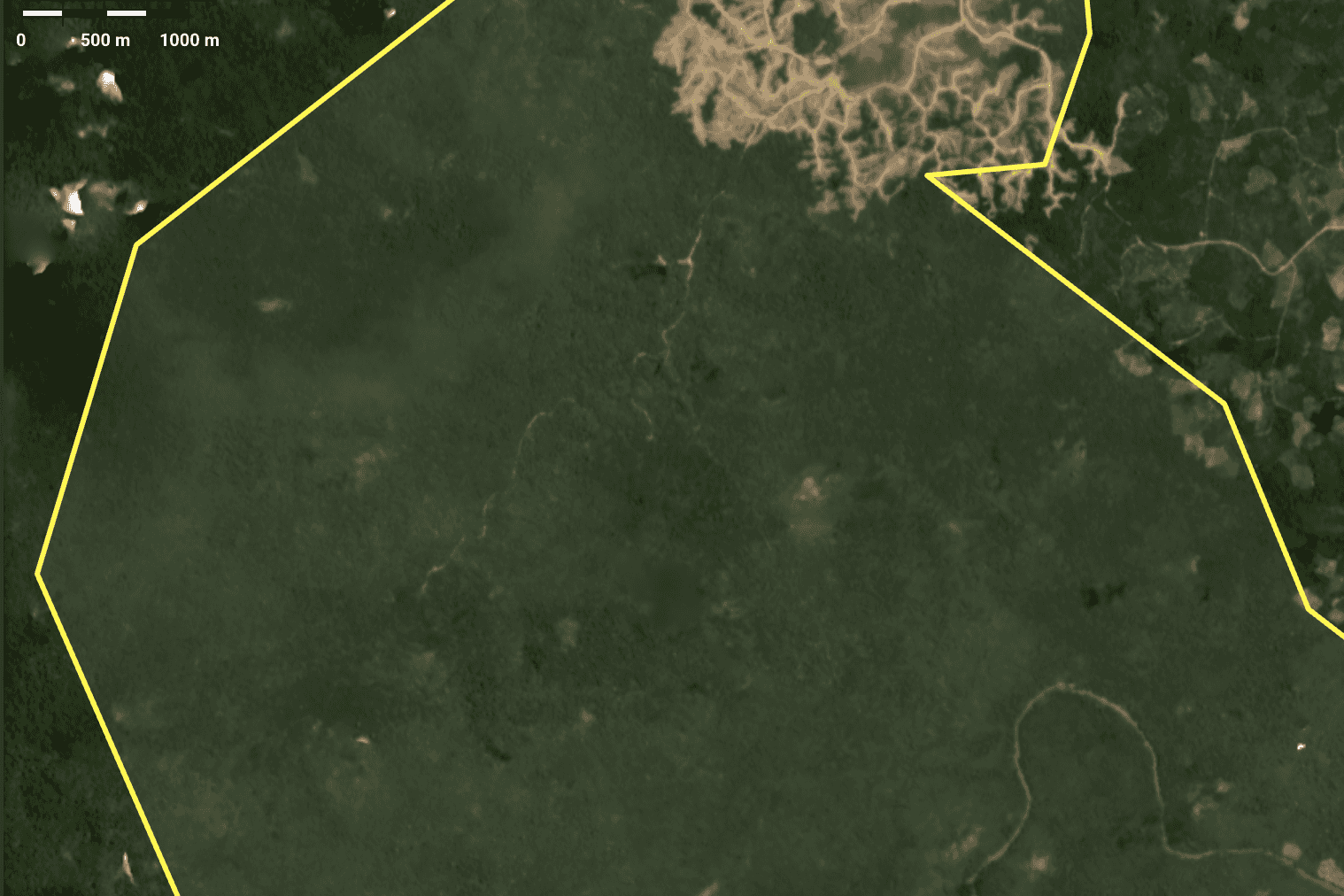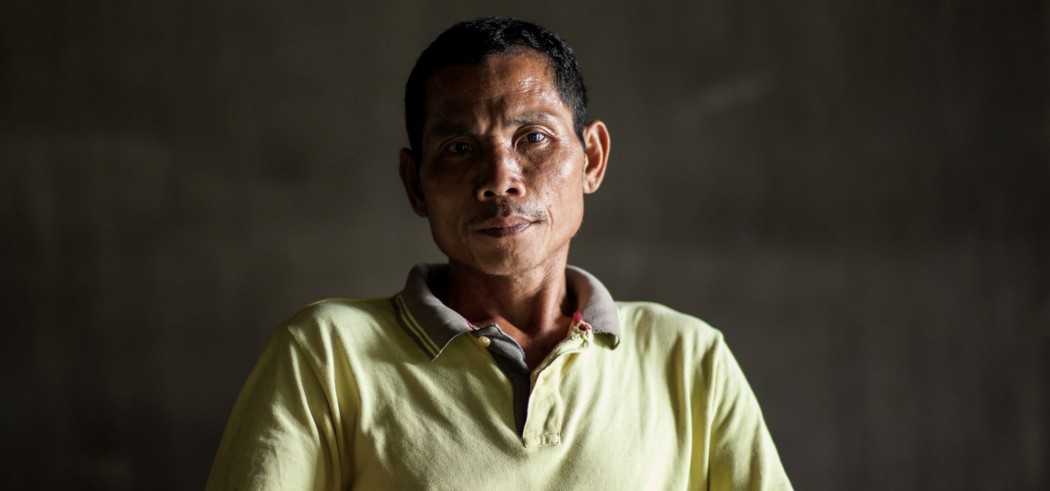We met James Watt in the village of Bangkal during the reporting of The making of a palm oil fiefdom, in early 2017.
Bangkal lies on the banks of Sembuluh, a sprawling lake at the heart of Seruyan district, in Indonesian Borneo. A few decades ago, Seruyan was a sea of rainforest. During the dictatorship of Suharto, like many areas in Borneo, it was heavily impacted by logging that thinned out the forest and made it prone to fires. From the early 2000s, it was afflicted by a new and different problem: palm oil plantations.
In the early years of decentralisation, during which district chiefs assumed new and wide-ranging powers, farmers like James hoped the investors who flooded into Seruyan would be made to work in partnership with them. In fact, they were explicitly told this would be the case. But in Seruyan, under the control of district chief Darwan Ali, the farmers were cut out of the deal.

As James told us, “All we got was oppression. Clearing our land, dumping waste in our rivers. We never imagined it would be like this.” As the companies pushed into the villagers’ land, Darwan didn’t lift a finger. “It was always empty promises with him. I think he saw being district chief as his chance to make as much money as possible.”
James was at the vanguard of a backlash against Darwan Ali. He told us how he helped organise a mass protest against the government in 2011, and then campaigned against Darwan Ali’s son when he attempted to replace his father as head of the district in 2013.
Watch our short film about James Watt and Seruyan:
``



